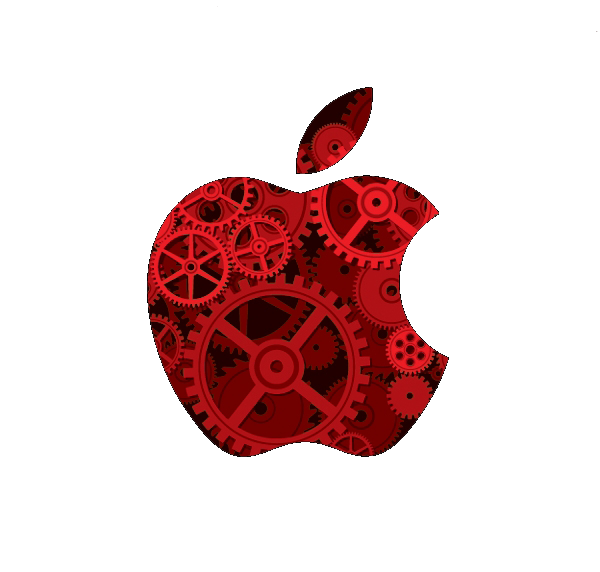Team:SUSTC-Shenzhen-A/Notebook/search result
From 2012.igem.org
(→7.20) |
(→7.21) |
||
| Line 18: | Line 18: | ||
==='''7.21'''=== | ==='''7.21'''=== | ||
| - | + | database: BIG NEWS HAPPENED!The problem of loading xml had been mainly broken through by changing some words of the xml file and loading the changed-version directly, we could easily get part-name-based-data from our database.<br> | |
| + | With this optimized new database, UI group could test the work with high efficiency! | ||
Revision as of 16:17, 28 July 2012
Contents |
brief introduction
Search result group includes six members. The main goal of this group is to create an interface to accept the result(part name) of bio-brick searching (which is sent by the SE group),showing the details of this part.
In this part, database was the most important thing and five members were successively working on it.
Our members used a database of an iGEM software team (求网址)at first. Though the database consist of 13 tables, it still cannot include all the data of the website. Also since its different structure, the utility of the whole database is with doubt. After days of struggle, our group succeeded in loading data from xml which was provided by partsregistry.org and saved as sql file.
We chose MYSQL as our database management system for its search functions.
7.18
Once the division on the whole project was decided, the team in charge of the database started to analyse the mysql files and collect all the titles. By comparing the database and the website, we found that the database was incomplete, which didn't contain the description written by different authors, and the structure was totally different from the website. In order to build a part-name-based search result, we needed to search the whole database again when SE returned us the part name and collected the result.
7.19
Considering there were a lot of data titles and some of them contained few data, we tried to pick only necessary parts out. This day we devoted ourselves to select data from several tables, save it in a mutable array and show the result as table form.
7.20
Database part:Our instructor Dr. He gave us the xml form data which was provided by partsregistry.org itself. Therefore our focus of work changed to "analyzing the xml file and saving it as a sql file".We tested two methods: used Excel to load the xml file, saved as xls file, then changed it to MYSQL (which was managed by Qijia Cheng and Yidan Pan);directly used load function of mysql to get data from xml file and saved in sql(which was managed by Xin Yang and Yujun Zhao).
UI part: Jingyao Guo and Deng Pan designed the interface of the search result in table form. But since the different structure of two databases needed different code to read, all we needed was to confirm WHICH DATABASE TO USE!
7.21
database: BIG NEWS HAPPENED!The problem of loading xml had been mainly broken through by changing some words of the xml file and loading the changed-version directly, we could easily get part-name-based-data from our database.
With this optimized new database, UI group could test the work with high efficiency!
 "
"

